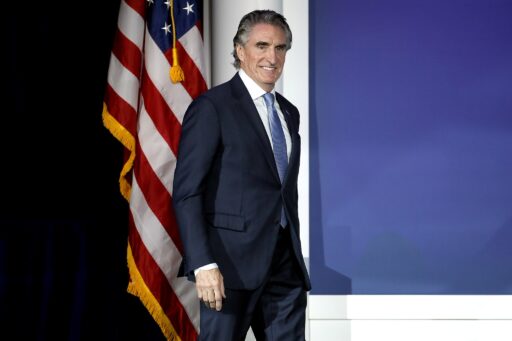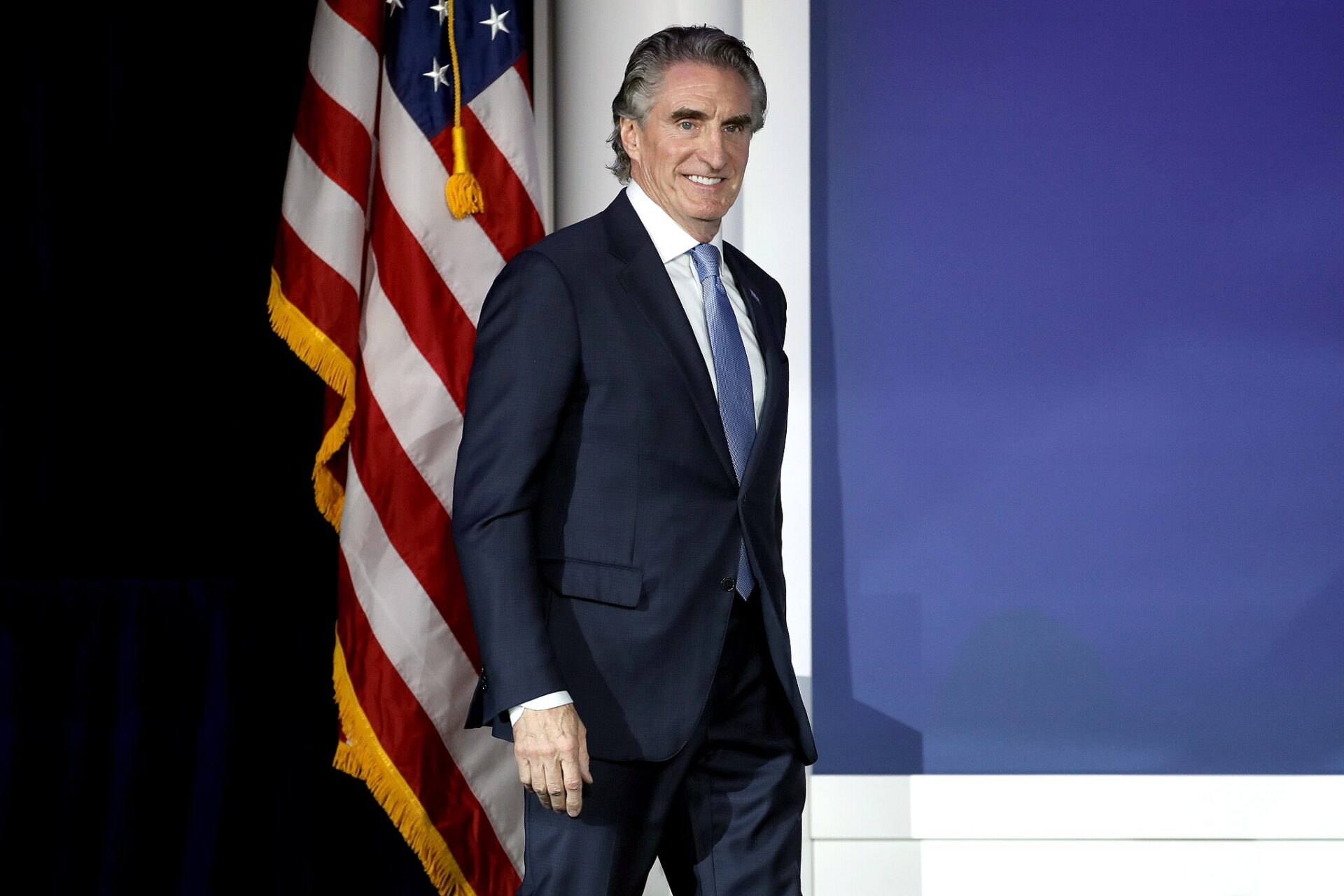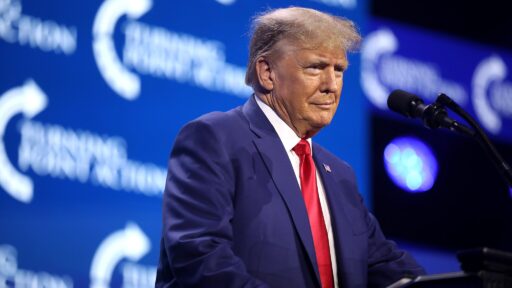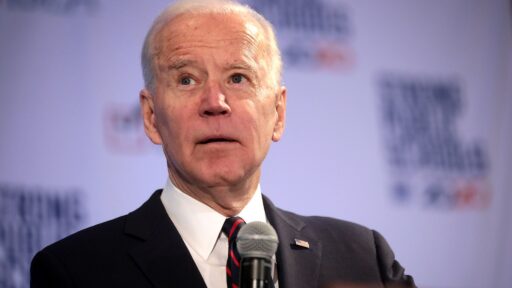This has enraged the Democrats.
North Dakota Governor Doug Burgum, a Republican, reiterated his characterization of Biden as resembling a “dictator” during a recent interview with CNN’s Kaitlan Collins on “State of the Union.” Collins challenged Burgum on his use of the term, highlighting that President Biden, as an elected leader, does not fit the definition of a dictator simply because of policy disagreements or executive orders. She played clips where Burgum had previously used the term on CNN.
Burgum defended his stance by pointing to what he described as a media bias during the Trump administration, where there were concerns about potential executive overreach, which he believes influenced public perception. He noted that Biden’s use of executive orders—139 compared to Trump’s 220 during the same timeframe—underscored his concerns about governmental overreach.
Responding to Collins questioning whether he was labeling the democratically elected president as a dictator, Burgum argued that Biden’s executive actions were sidelining other branches of government to advance ideological agendas, particularly in economics and climate policy.
The Democratic National Committee swiftly condemned Burgum’s comments through spokesperson Alex Floyd, accusing him of aligning with a former president who posed threats to democratic norms. Floyd referenced Trump’s controversial statements about potentially assuming dictatorial powers if reelected, linking Burgum’s criticism to broader concerns about authoritarian tendencies within the Republican Party.
Meanwhile, a Harvard CAPS-Harris poll from the previous year indicated that a majority of respondents believed Trump would act in a dictatorial manner if given a second term, reflecting ongoing public unease about the former president’s rhetoric and actions. The Biden campaign reportedly planned to leverage these concerns in debate preparations, aiming to contrast Biden’s approach to governance with Trump’s perceived authoritarian inclinations.
In response to the criticism, a pro-Trump super PAC attempted to deflect by portraying Biden as the real authoritarian threat, citing Trump’s earlier remarks as a rallying cry against what they viewed as excessive government intervention under Democratic leadership.
Overall, Burgum’s remarks and the ensuing debate underscored deep-seated political divisions regarding executive power, democratic norms, and the perceived threats to governance posed by different administrations. The discourse highlighted ongoing challenges in defining and maintaining democratic principles in an increasingly polarized political landscape.






